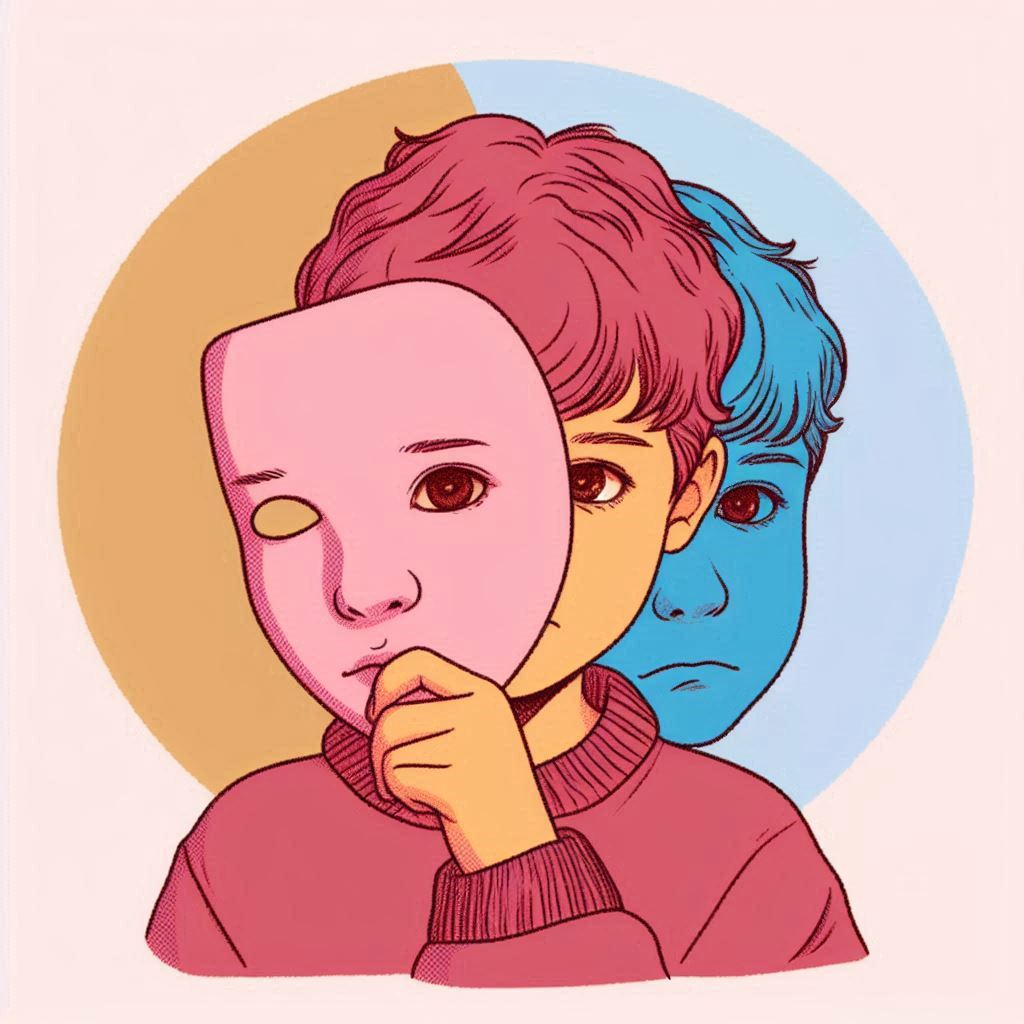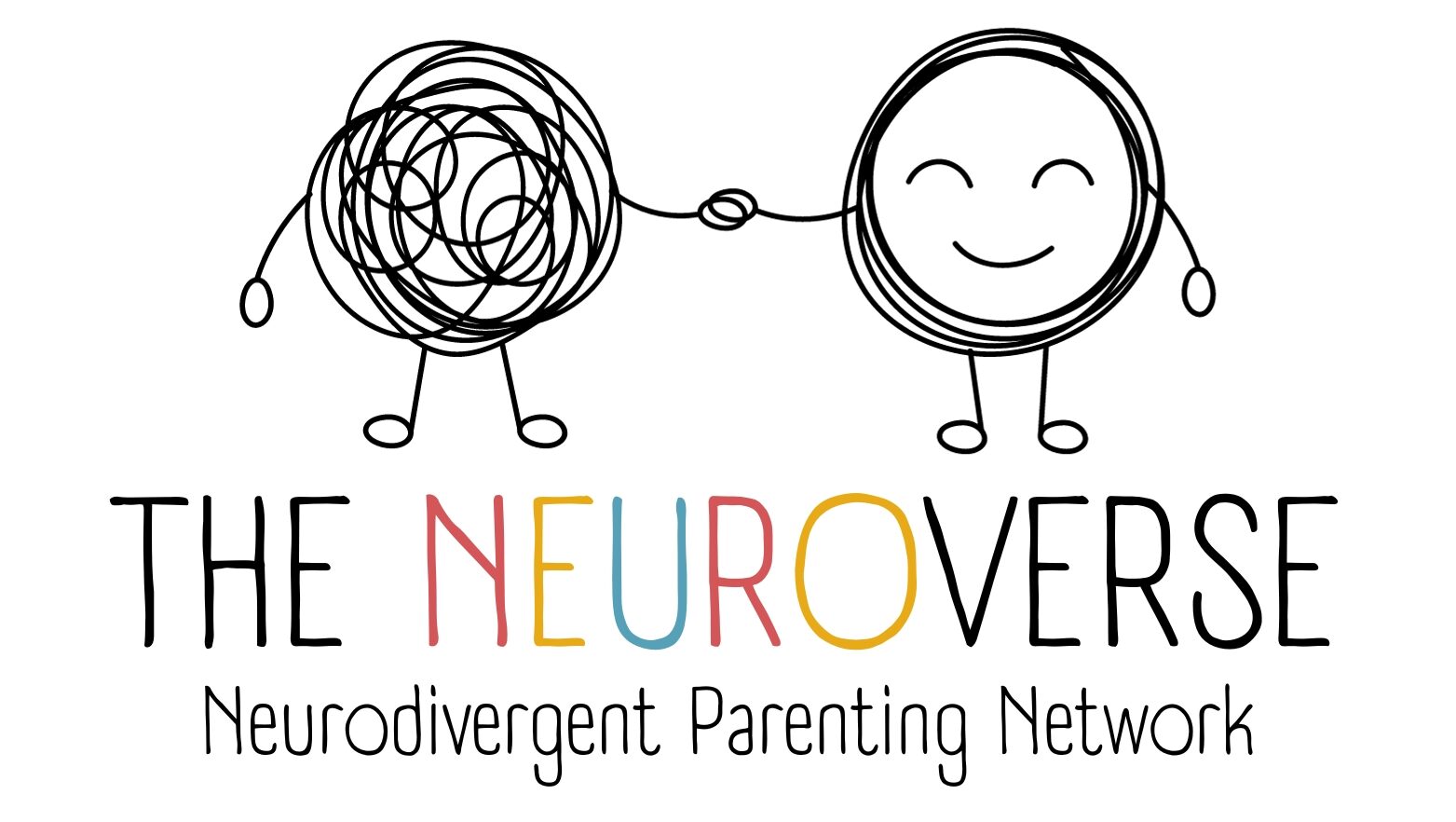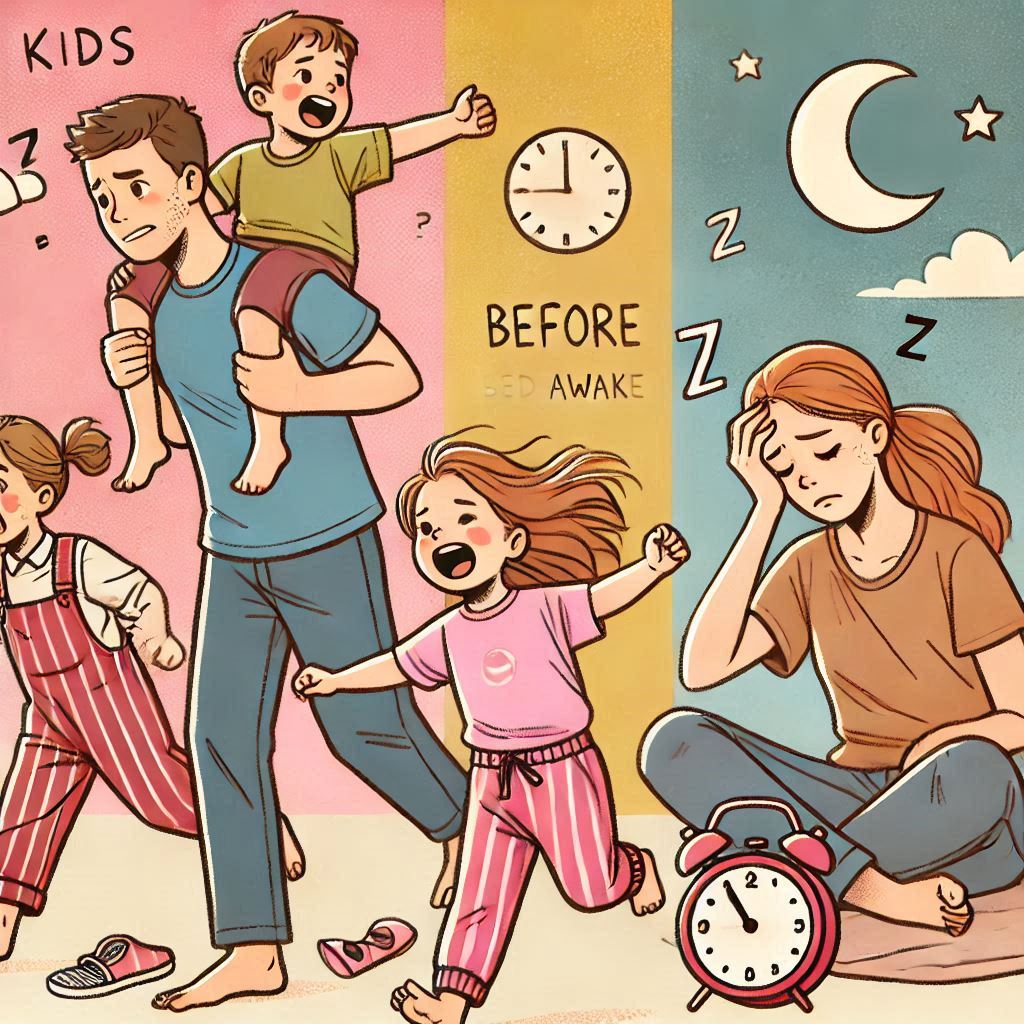Masking Vs. Social Skills in Neurodivergent Kids

Understanding the Difference: Teaching Social Skills vs. Masking in Neurodivergent Children
When raising neurodivergent children, two strategies often come up: teaching social skills and masking. While they may seem similar, they impact a child’s well-being very differently. Teaching social skills builds confidence and helps children express themselves authentically, while masking often leads to mental distress, as it involves hiding one’s true self to fit in.
What Are Social Skills and Why Are They Important?
Social skills are tools that help neurodivergent children interact and communicate with others in a way that’s true to them. Key skills include:
- Recognising and expressing their emotions
- Communicating needs and wants effectively
- Reading basic social cues (e.g., facial expressions)
- Respecting others’ perspectives
The goal is to help children understand social dynamics, not to make them conform. Proper social skills training enables neurodivergent children to communicate in ways that make their true selves more intelligible, allowing for connections without compromising authenticity.
What is Masking, and Why Is It Harmful?
Masking is when neurodivergent children hide their true selves to blend in with neurotypical (NT) norms, often due to societal or peer pressure. This might involve:
- Forcing eye contact, even if uncomfortable
- Suppressing natural behaviours (e.g., stimming like hand-flapping)
- Using scripted responses to appear “normal”
- Pretending to enjoy topics the child doesn’t relate to
While masking may help avoid negative attention temporarily, it can have serious consequences. Constantly suppressing their authentic selves can lead to emotional exhaustion, anxiety, and loss of self-identity. Over time, children who mask may feel as though their true selves are unacceptable, which can lead to depression, burnout, and difficulty forming genuine relationships.
The Psychological Impact of Masking
Research shows that masking, especially in autistic individuals, can lead to deep psychological distress. When children feel they must hide their differences to be accepted, it sends the harmful message that they are “not enough” as they are. Over time, this results in:
- Chronic stress and anxiety
- Depression and isolation
- Burnout as they struggle to maintain a false identity
- A lack of self-acceptance and trouble forming authentic relationships
These effects make it harder for children to develop a positive self-image, affecting their confidence and mental health well into adulthood.
Teaching Social Skills the Right Way: Fostering Authenticity and Confidence
Rather than avoiding social skills altogether, the focus should be on empowering neurodivergent children without pressuring them to mask. Here’s how:
- Focus on Authentic Communication
- Teach children to express their thoughts and needs in ways that are true to them but clear to others. Help them understand that all forms of communication are valid, whether through words, gestures, or body language.
- Respect Sensory Needs
- Avoid forcing uncomfortable behaviours like eye contact. Instead, find alternatives, such as nodding or using affirmations. Allow self-soothing behaviours like stimming if it helps them manage sensory overload.
- Teach Situational Awareness Without Judgement
- Help children recognise social cues without pushing conformity. Let them decide how they feel comfortable responding, which builds confidence in making authentic choices.
- Promote Self-Advocacy
- Encourage children to advocate for their needs, like asking for quiet spaces when overwhelmed. This reinforces the idea that they don’t need to change themselves but simply communicate what works for them.
- Celebrate Differences
- Reinforce that diversity in self-expression is valuable and not something to hide. Show children it’s okay to have unique interests or ways of engaging with the world.
Avoiding the Trap of Masking: A Partnership with Parents and Educators
For teaching social skills to be effective, parents, educators, and therapists need to create a supportive environment:
- Create Safe Spaces
- Ensure children feel safe to express themselves authentically, without fear of judgment. Let them know they are valued as they are.
- Avoid Reinforcing Masking Behaviours
- Instead of pushing for conformity, support strategies that allow children to handle social situations in ways they find comfortable. For instance, if eye contact is uncomfortable, encourage other forms of engagement instead of forcing it.
- Be Mindful of Language
- Avoid language that implies the child’s behaviour is “wrong” or needs hiding. Frame social skills as tools for expression rather than tools for blending in.
Conclusion: The Path to Authentic Social Connection
For neurodivergent children, the goal is not to fit into a mould but to navigate the world in a way that lets them express who they are. Social skills training should expand their communication toolkit, not lead them to mask their true selves. By supporting their natural ways of being, we help them grow into confident, authentic individuals who feel valued and understood.
References
- Cage, E., & Troxell-Whitman, Z. (2019). Understanding the Reasons, Contexts, and Costs of Camouflaging for Autistic Adults. Journal of Autism and Developmental Disorders, 49(5), 1899-1911.
- Hull, L., et al. (2017). “Putting on My Best Normal”: Social Camouflaging in Adults with Autism Spectrum Conditions. Journal of Autism and Developmental Disorders, 47(8), 2519-2534.
- Milton, D. E. M. (2012). On the ontological status of autism: The ‘double empathy problem’. Disability & Society, 27(6), 883-887.
- Pellicano, E., & Burr, D. (2012). When the world becomes ‘too real’: A Bayesian explanation of autistic perception. Trends in Cognitive Sciences, 16(10), 504-510.



Leave a Reply